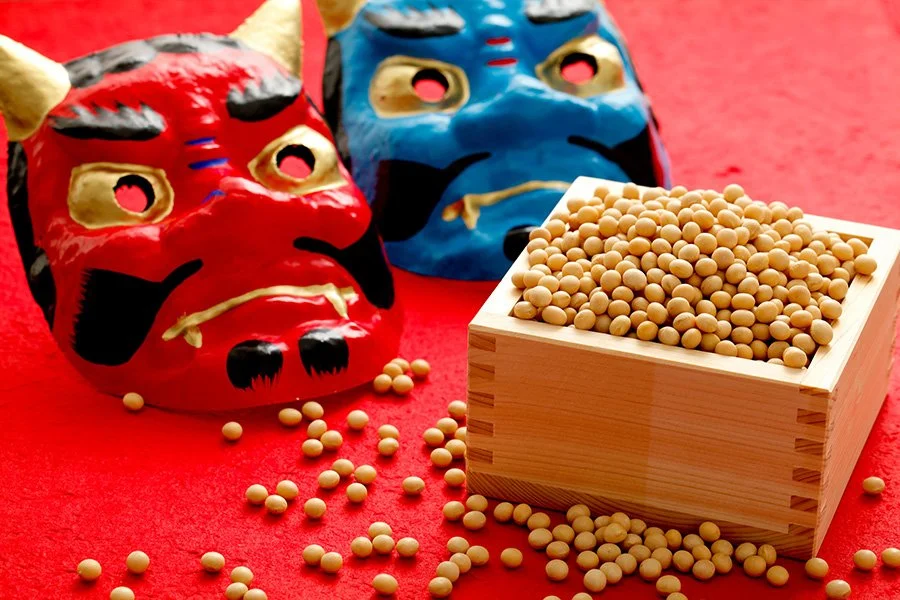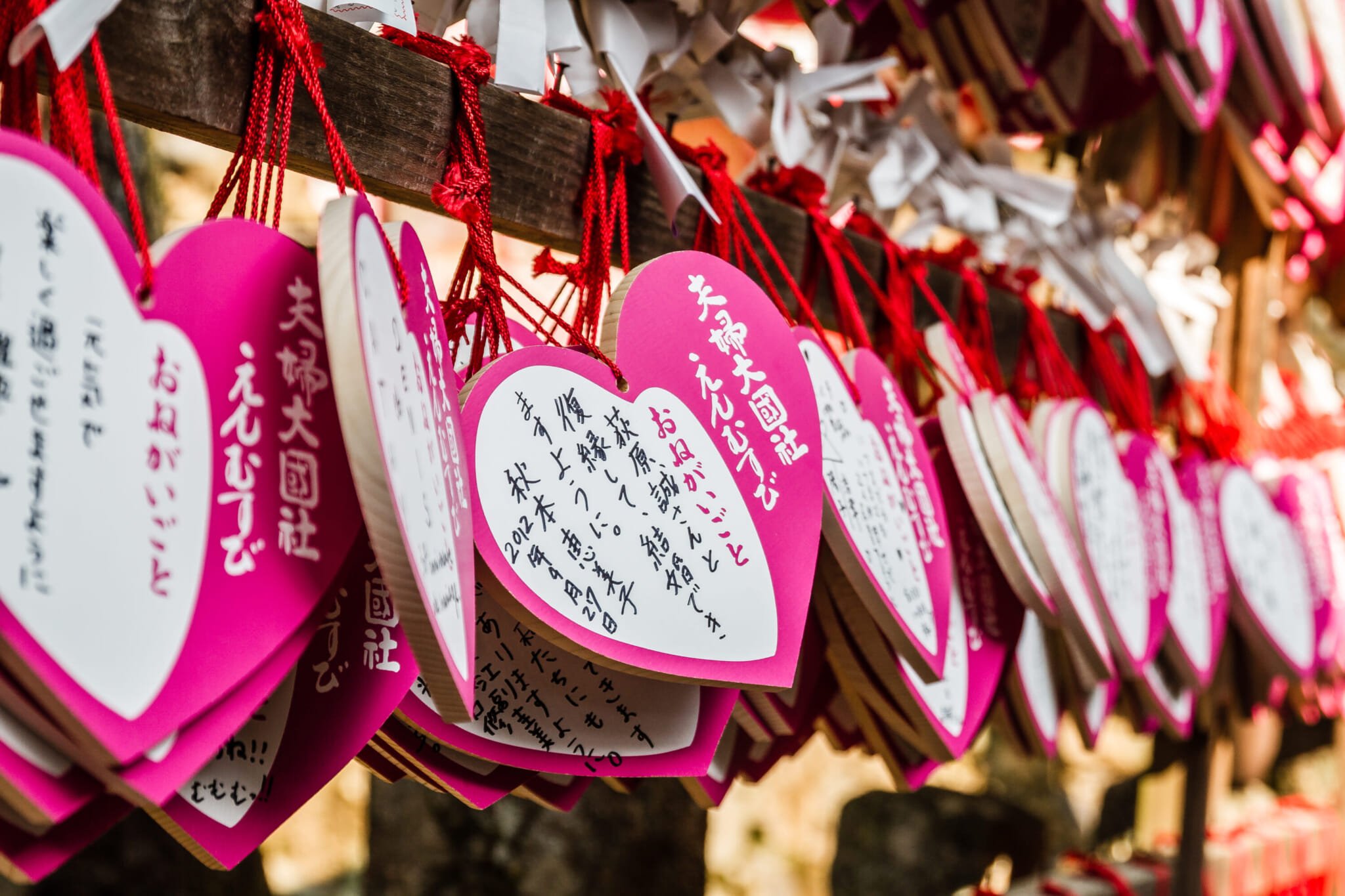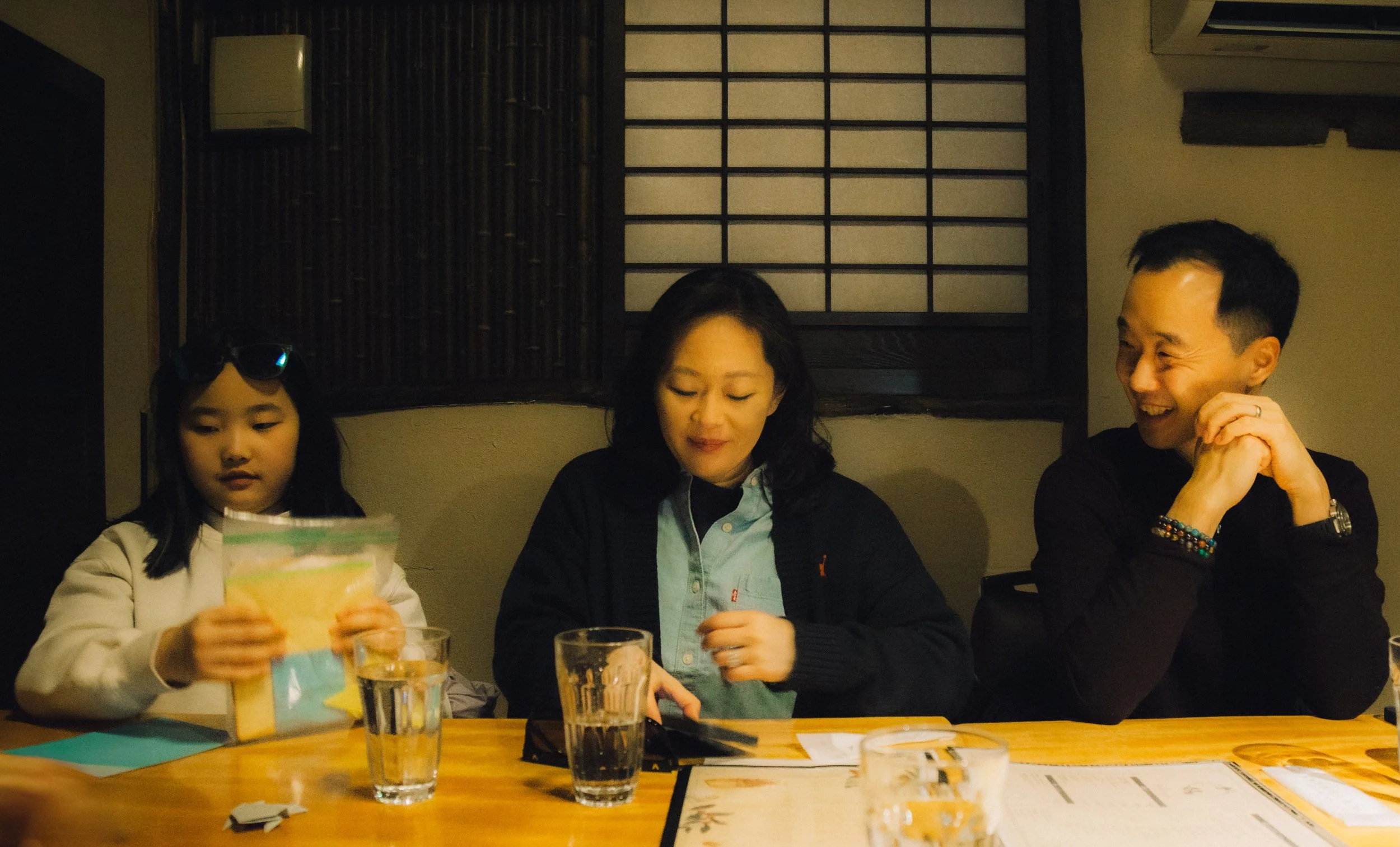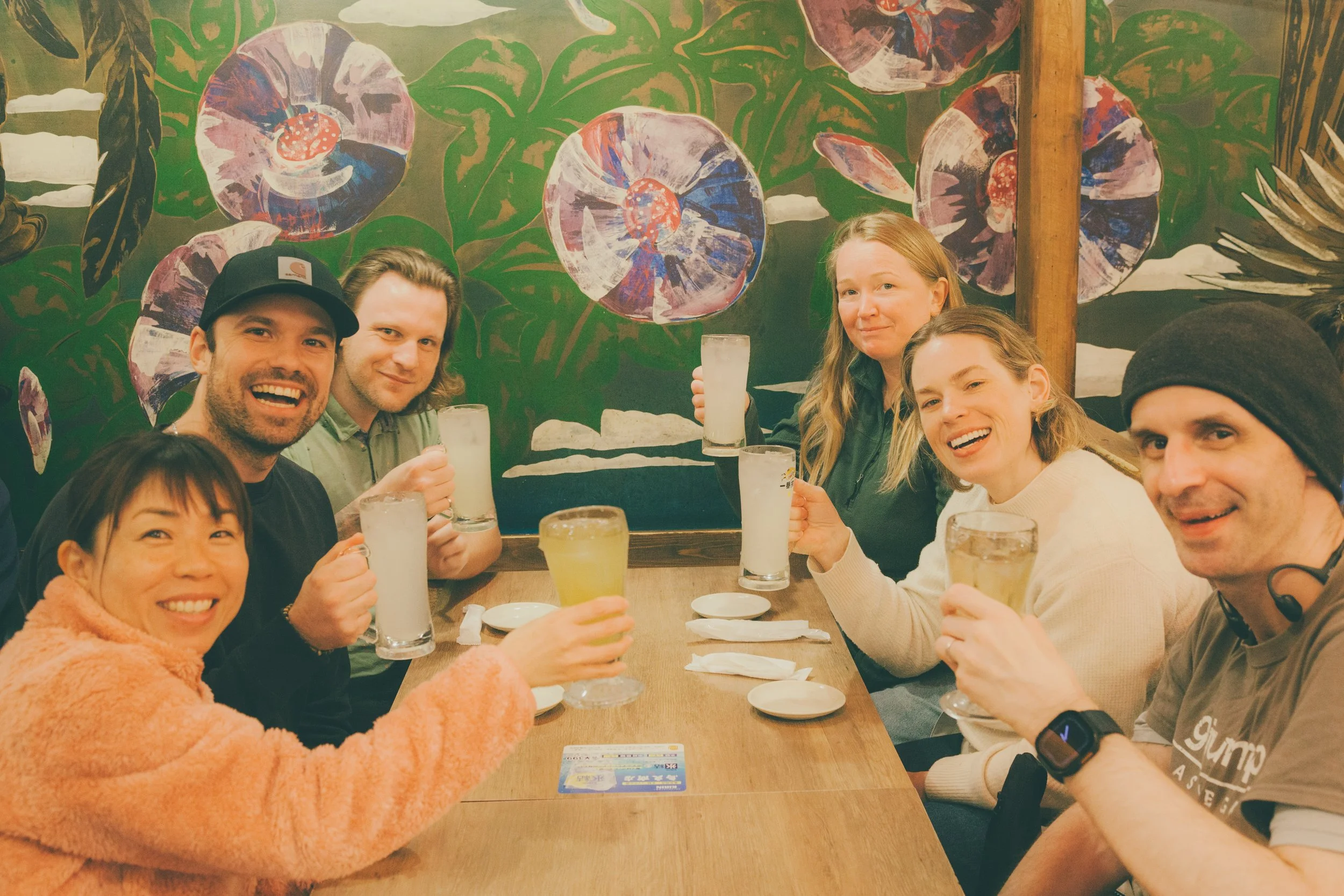Photo Credit: Pinterest ( A wam bowl of Udon Noodle)
February is a wonderful time to do a Food Tour Tokyo, and there’s no better comfort dish during the cooler winter days than udon. Known for its thick, chewy noodles and light yet deeply flavorful broth, udon is a staple of Japanese cuisine that locals enjoy year-round—but it feels especially satisfying in winter.
Udon is one of Japan’s oldest and most widely enjoyed noodle dishes, with a history that dates back several centuries. Made from wheat flour, water, and salt, udon reflects the simplicity and practicality of Japanese home cooking. Over time, it evolved from a basic meal into a cultural staple enjoyed by people of all ages across the country.
Across Japan, udon takes on many forms. Some regions favor a light, clear broth, while others prefer a richer, soy-based flavor. Popular toppings include crispy tempura, tender beef, tofu, and seasonal vegetables, allowing each bowl to reflect local tastes and traditions.
Udon is also deeply connected to everyday Japanese life. It is commonly eaten for quick lunches, family meals, and even celebrations, as long noodles symbolize longevity and good fortune. Because it is easy to digest, udon is often served to children, the elderly, or anyone needing a comforting, nourishing meal.
If you’re visiting Tokyo this February 2026, don’t miss the opportunity to warm up with a bowl of authentic udon and experience Japan’s comfort food at its finest with a tokyo guide or by yourself!
Book our Flavours of Tokyo: A Journey Through Time and get a taste of Udon on one of the stops!
Connect with us!


















































